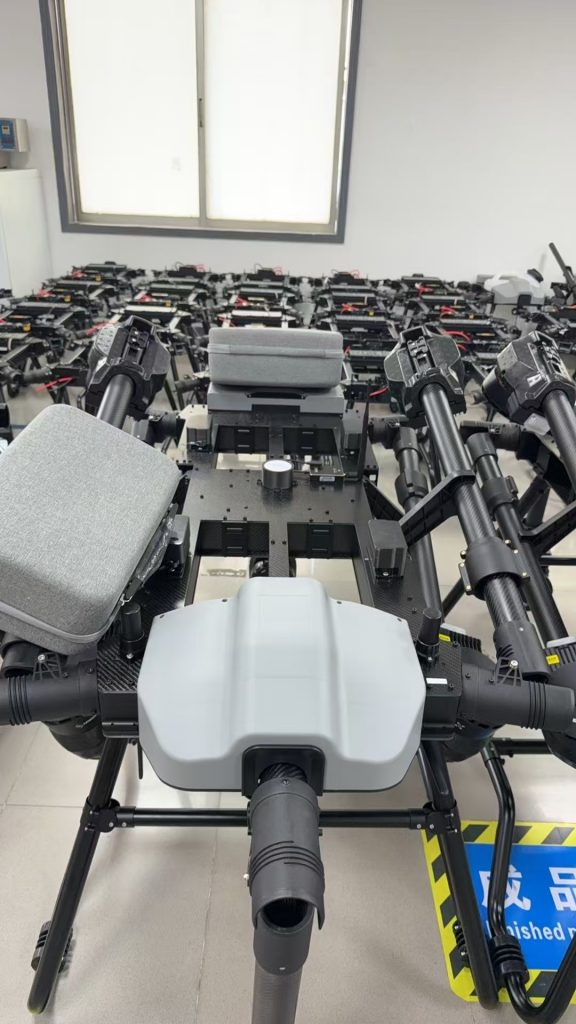
Wings Over the Vardar: How Chinese Agri-Drones Are Reviving Macedonia’s Family Farms
Macedonia’s countryside hums with the rhythm of generations—golden wheat swaying in the Vardar River valley, tobacco leaves curing in stone barns, and grapevines clinging to sun-baked slopes in the Tikveš region. Here, agriculture is more than a livelihood; it’s a living archive of tradition. For centuries, family-run farms—most no larger than 10 hectares—have tilled this land, feeding communities and exporting prized goods like Macedonian tobacco and Tikveš wine. Yet beneath this idyllic surface, challenges fester. An aging farmer base (over 55% are over 60), a shrinking rural workforce as young Macedonians move to Skopje or Western Europe, and increasingly erratic weather—droughts that wither crops and floods that wash out terraces—threaten the survival of these intimate, heritage-rich operations. It’s here, amid the scent of drying tobacco leaves and the clatter of tractor parts, that an unlikely helper has taken flight: agricultural drones imported from China, now gliding over Macedonian fields to prove that even the most tradition-bound farms can thrive with the right tools.
Macedonia’s Farms: Roots Deep, Pressures Steep
Macedonian agriculture is defined by its scale and soul. In the north, near Kumanovo, fields of durum wheat stretch to the horizon; in the south, Ohrid’s lakeside villages grow plump tomatoes and peppers for Balkan markets. Tobacco farms, with their rows of emerald leaves, dot the eastern highlands, their harvests hand-rolled into cigars sold from Sofia to Sarajevo. Yet for all its richness, farming here is a daily act of resilience.
“My farm is in Veles, where my grandfather planted his first tobacco seedlings in 1947,” says Nikola, a 64-year-old farmer. “Today, it’s just me and my grandson, Aleksandar. Hand-spraying pesticides on 8 hectares takes three days—by then, the hornworms have already devoured half the leaves. And last summer’s drought? It stunted my wheat by 25%. Young folks? They’re off to cities. Who will tend these fields if we can’t make farming sustainable?”
Climate change has sharpened these strains. Hotter summers dry out soil faster, while spring floods turn terrace farms into mudslides. EU sustainability rules demand sharper cuts in pesticide use—down 40% by 2030—while consumers increasingly demand “eco-friendly” produce. “We’re being asked to produce more with less,” adds Lina, who runs a family vineyard in Tikveš. “But doing it by hand? Impossible. I can’t monitor 5 hectares of grapes for mildew alone.”
Drones Built for Macedonia’s Land and Labor
When we first explored exporting to Macedonia, we didn’t just send drones designed for flatlands. We studied the country: its rugged terrain, narrow dirt paths, and the quiet pride of its farmers in doing things “the Macedonian way.” What emerged was a machine built not just for Macedonia’s climate, but for its culture of sobornost (community) and resilience.
Tough and terrain-ready: With a 12-kilogram payload and a 20-minute flight time per battery, our drones handle Macedonia’s rocky hills and muddy farm roads with ease. Their reinforced frames withstand impacts from stray rocks, and sealed batteries resist dust kicked up by summer winds—critical in a place where farms hug the Vardar’s banks. “In the past, my old sprayer got stuck in mud weekly,” Nikola says. “This drone? It launches in minutes, even after a downpour. It doesn’t complain.”
Precision for small, sacred plots: Multispectral sensors map crop health at the leaf level, flagging early signs of drought or pest damage. For Lina’s vineyard, this meant spotting mildew spores before they spread—saving 30% of her harvest last season. “The drone shows me exactly which vines need treatment,” she explains. “I spray just those. My wine now has a ‘low-chemical’ label—buyers in Belgrade love it.”
Simple to learn, proud to master: Many Macedonian farmers are tech-curious but value tradition. We designed a Macedonian-language app with one-touch “health scan” modes and paired it with workshops led by local agronomists in village squares, over burek (savory pastry) and rakija (fruit brandy). “I thought drones were for tech cities,” admits Aleksandar, Nikola’s grandson, now a farm hand. “But after the training? I flew one myself. It’s like using a smartphone—intuitive, and it makes me feel like I’m carrying on our legacy with the future.”
More Than Machines: Building Trust in the Heart of the Balkans
In Macedonia, trust is earned over kafana (coffeehouse) chats and stories of harvest festivals past. We didn’t just ship drones; we set up a service hub in Skopje and partnered with the Macedonian Farmers’ Association to host “drone days,” where farmers shared tips and celebrated small wins. “Macedonian farmers are stubborn,” says Boris, the association’s rep. “They need to see results, not promises. But once they do? They become our loudest advocates.”
That trust deepened when we adapted to their reality. During last year’s drought, we rushed water-efficient nozzles to farmers using our drones. When Nikola struggled with tall tobacco stalks blocking spray paths, our engineers tweaked the drone’s flight height—no extra cost. “You didn’t just sell us a tool,” Lina says. “You stayed when the sun scorched. That’s bratstvo (brotherhood).”
Today, drones are weaving themselves into Macedonian farming:
-
Tobacco Farms (Veles): Nikola now monitors his crop weekly, cutting chemical use by 38% and reducing runoff into the Vardar. “My yields are stable, but my grandson’s staying. He sees a future here—with drones.”
-
Vineyards (Tikveš): Lina’s “low-chemical” wine now supplies high-end restaurants in Skopje. “Buyers pay a premium for sustainability. The drone is our proof.”
-
Wheat Fields (Kumanovo): Young farmer Stefan uses drones to map soil moisture, optimizing irrigation. “Less water waste, better yields. My dad, who’s 70, even asks to see the drone data—he’s curious.”
A Partnership Rooted in Respect
What began as a business deal has become a collaboration. Macedonian farmers teach us about their land: how drones handle the Vardar’s strong winds, which crops (like sour cherries) need gentler spray settings, even which Macedonian phrases make training stick (“Лети, дрон!”—“Fly, drone!”—is now a workshop joke). In return, we’re refining our drones: larger tanks for Veles’ bigger tobacco fields, quieter motors to avoid spooking cattle, even solar panels to extend flight time in long summer days.
As Macedonia aims to boost organic farming by 30% by 2035, drones offer more than efficiency—they offer hope. They let young farmers like Aleksandar see a future tending land, not just chasing city jobs. They let elders like Nikola pass down knowledge without burning out. And they let this land of Vardar and Ohrid prove that even in a world of mega-farms, small plots can thrive with the right tools.
So when you next see a drone gliding over Macedonian tobacco fields or vineyards, know this: it’s not just flying. It’s carrying the dreams of a community, the lessons of a factory halfway across the world, and the quiet belief that tradition and innovation can grow—side by side, season by season.
After all, in a place where the soil is rich with history, progress should feel like coming home—warmer, wiser, and ready to take root.
THE END

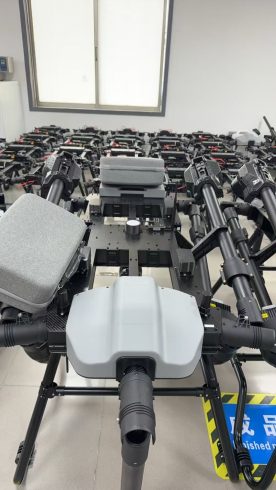
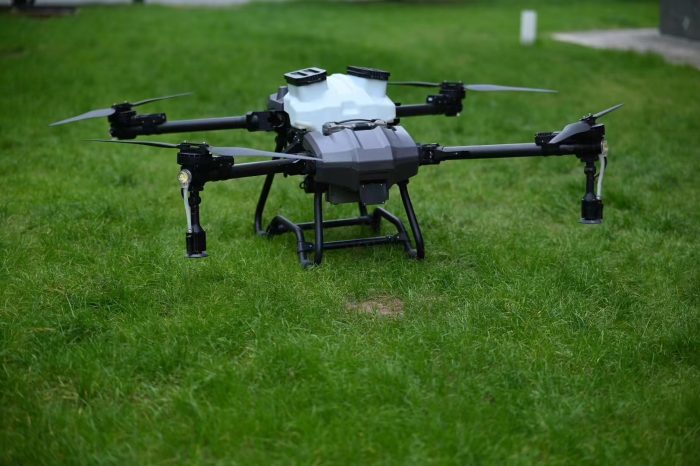
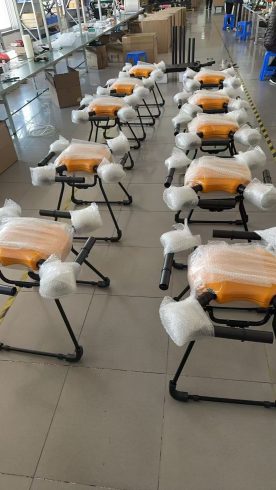
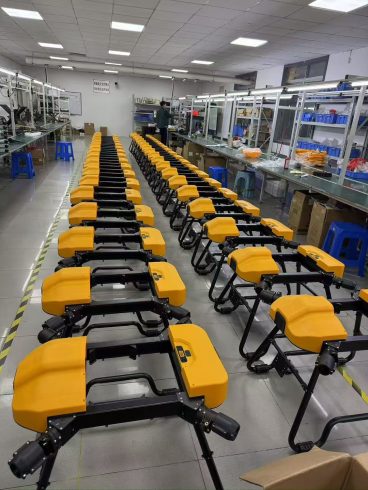
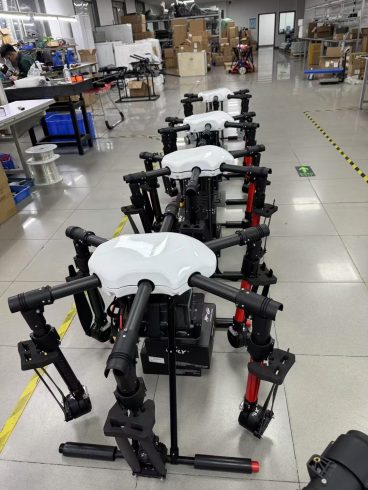

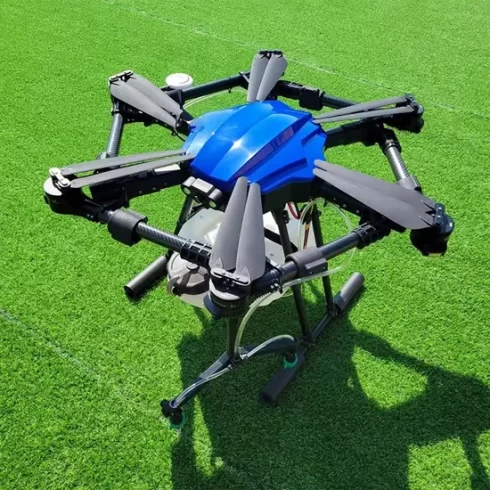
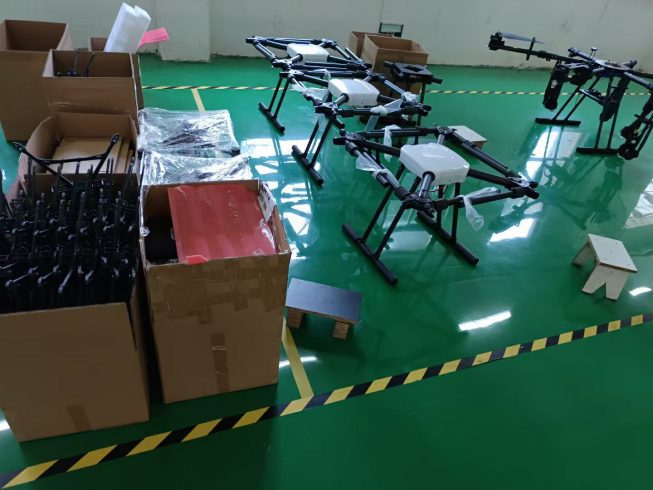

暂无评论内容